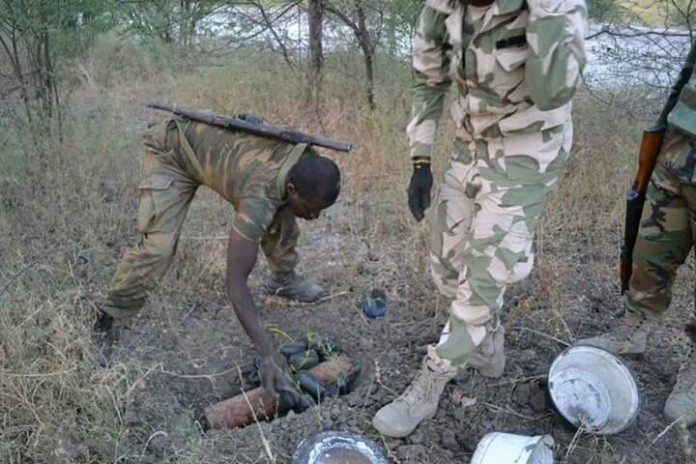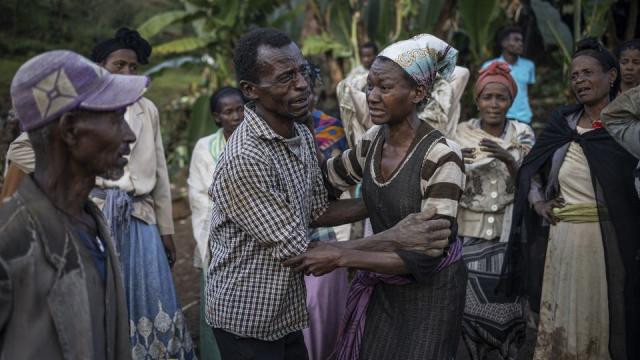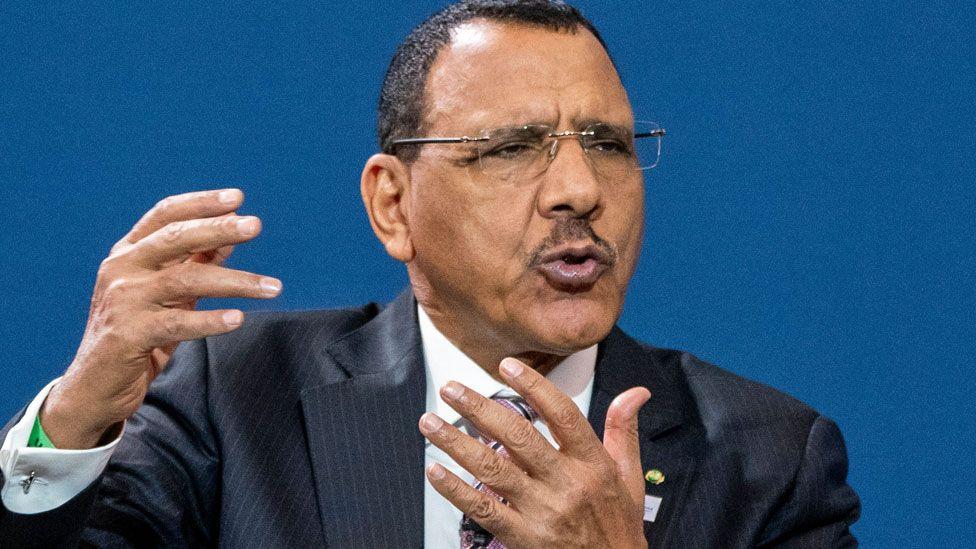
Sudan’s water scarcity crisis has deepened over the years due to a combination of factors, including climate change-induced droughts, population growth, and inadequate infrastructure. The majority of Sudan’s population depends on the Nile River and its tributaries for their water needs. However, the erratic flow of the Nile, especially in the face of climate variability, exacerbates water scarcity issues.
In rural areas, women and children often bear the burden of walking long distances to fetch water from unreliable sources, which can lead to severe health problems and hinder economic development. Moreover, in conflict-affected regions, access to clean water is not just a challenge but also a matter of life and death, as contaminated water sources can trigger outbreaks of waterborne diseases.
Humanitarian Concerns
The situation has prompted humanitarian organizations to take action. Organizations like UNICEF and the International Committee of the Red Cross are working tirelessly to provide emergency relief by delivering clean water and sanitation services to vulnerable communities. These efforts aim to alleviate the immediate suffering and help communities build resilience to future water crises.
“The lack of access to clean water is a grave concern in Sudan, especially for children who are vulnerable to waterborne diseases. UNICEF is committed to providing clean water and adequate sanitation facilities to as many children and families as possible,” said Jane Doe, a spokesperson for UNICEF in Sudan.
Government Initiatives
The Sudanese government has also recognized the gravity of the water crisis and has initiated various projects to address the issue. Plans include improving water infrastructure, enhancing water management practices, and investing in irrigation systems to boost agricultural productivity. These steps are crucial not only for the welfare of the Sudanese people but also for the country’s economic development.
International Partnerships
Sudan has sought international partnerships to bolster its efforts in tackling the water crisis. Cooperation with neighboring countries along the Nile Basin is crucial for managing the shared water resources more effectively. Dialogue and cooperation between Sudan, Egypt, and Ethiopia regarding the Grand Ethiopian Renaissance Dam are vital steps towards securing Sudan’s water future.
A Call for Global Attention
Sudan’s water crisis is emblematic of a global challenge that many regions are facing due to climate change and unsustainable water use. The situation in Sudan underscores the need for international collaboration to ensure that water resources are managed wisely and that every person has access to clean and safe drinking water.
In conclusion, Sudan’s water crisis remains a significant issue affecting millions of lives. While efforts are underway to address the problem, it requires continued attention, investment, and cooperation at both the national and international levels. Access to clean water is not just a basic human right; it is essential for Sudan’s development and the well-being of its people.




